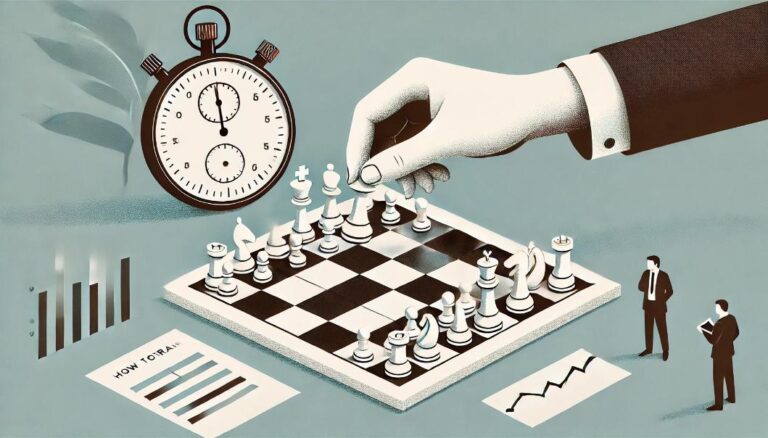Section 1: Understanding the Causes of Anger in Chess Tournaments
Anger is a common emotion experienced by chess players during tournaments. It can manifest in different ways, such as frustration, disappointment, or even rage. This anger can be detrimental to a player´s performance and can ultimately lead to losses in the game. To overcome anger during chess tournaments, it is essential to understand its root causes.
Another cause is the emotional investment in the game. Chess players spend a significant amount of time preparing for tournaments and have high expectations for themselves. When these expectations are not met, it can lead to anger because of the emotional investment in the game. Additionally, intense emotions such as fear, anxiety, and self-doubt can also contribute to anger during chess tournaments.
Section 2: Effects of Anger on Chess Performance
Anger can have significant consequences on a player´s performance during chess tournaments. Firstly, anger can affect decision-making. When a player is angry, they are more likely to make impulsive and rash moves, leading to a loss in the game. This is because anger clouds judgment and impairs one´s ability to think objectively. A player who is calm and composed has a better chance of making wise and calculated decisions during a game.
Moreover, anger can also affect a player´s behavior and sportsmanship. A player who is angry is more likely to exhibit unsportsmanlike conduct, such as throwing pieces or making offensive remarks. This behavior not only reflects poorly on the player but can also result in penalties or disqualification from the tournament.
Section 3: Strategies to Overcome Anger During Chess Tournaments
Fortunately, there are several strategies that chess players can employ to overcome anger during tournaments. Firstly, it is essential to recognize the signs of anger. This can include increased heart rate, tense muscles, and racing thoughts. Once a player recognizes the signs of anger, they can take steps to manage it.
Furthermore, it is crucial to have a positive mindset and manage expectations. Chess players should understand that mistakes are a part of the game, and losses are inevitable. Accepting this can help to reduce the pressure to perform and minimize the likelihood of anger when things do not go as planned.
Section 4: The Benefits of Managing Anger in Chess Tournaments
Managing anger during chess tournaments has several benefits, both in the short term and long term. Firstly, it can improve a player´s overall performance. When a player is not caught up in intense emotions, they can make better decisions and focus on the game. This can lead to a higher chance of winning.
Moreover, managing anger can also contribute to a positive environment in chess tournaments. When all players are in control of their emotions, they can focus on playing their best, resulting in more enjoyable and competitive games.

